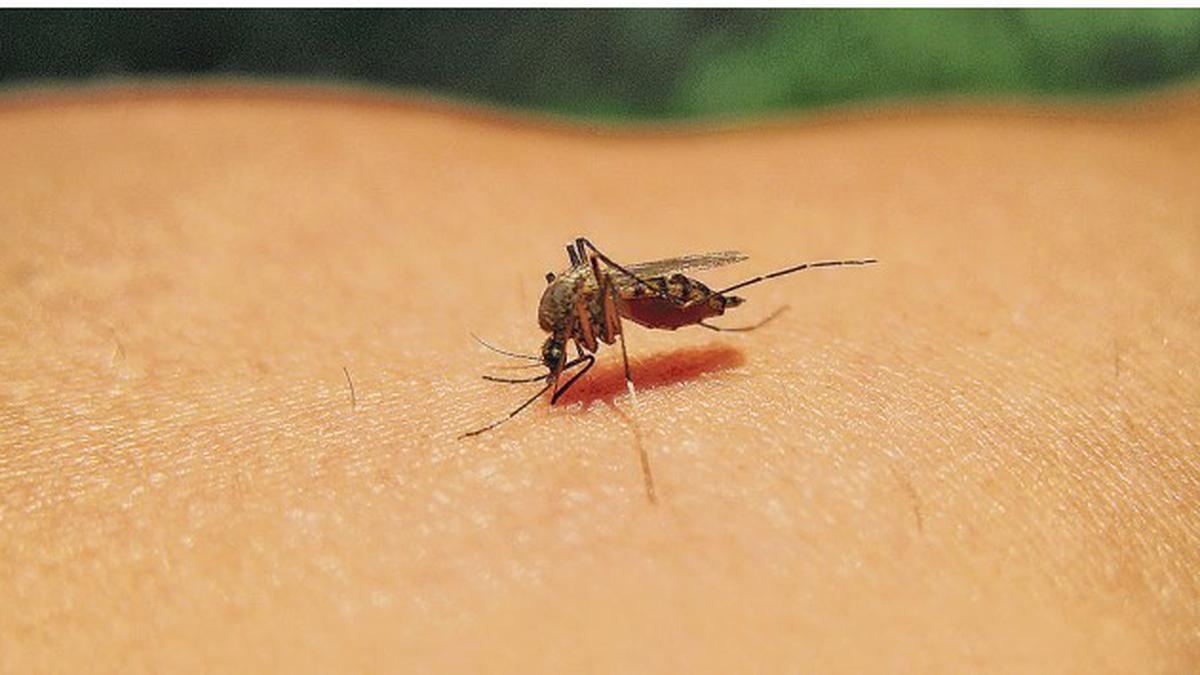On December 20, 2023, Argentina’s International Health Regulations National Focal Point (IHR NFP) notified the Pan American Health Organization/World Health Organization (PAHO/WHO) about a case of Western Equine Encephalitis Virus (WEEV) infection. This marks the first occurrence in over two decades, with 21 confirmed cases reported.
Background on Western Equine Encephalitis Virus
- Nature of the Virus: WEEV is a mosquito-borne infection with an 11.5-kilobase single-stranded RNA genome, belonging to the Togaviridae family.
- Transmission and Reservoirs: The virus is transmitted primarily through mosquitoes, with passerine birds serving as reservoirs and equine species as intermediate hosts.
Current Outbreak Details
- Human Cases: The outbreak has seen 21 confirmed human cases in Argentina, with the initial case reporting sudden fever and neurological symptoms on November 19, 2023.
- Animal Cases: Since December 2023, there have been 374 laboratory-confirmed cases in animals in Argentina and Uruguay. In Argentina, the province of Buenos Aires has the highest number of cases.
- Severity and Symptoms: While most cases are asymptomatic, 4-5% may result in neurological symptoms. Of the confirmed cases, eight required intensive care, 13 needed general hospitalization, and one resulted in fatality.
Risk Factors and Exposure History
- Occupational Risk: Three cases involved veterinarians, two were construction workers, and two had engaged in outdoor recreational activities.
PAHO/WHO Response and Recommendations
- Alert Issued: PAHO/WHO has issued an alert regarding the risk of WEE spread in the Americas.
- Preventive Measures: Enhanced surveillance, environmental modifications, vector control, and equine vaccination are crucial for controlling the virus.
- One Health Approach: A comprehensive One Health approach is recommended for effective virus control.
Multiple Choice Questions (MCQs):
- What is the primary mode of transmission of Western Equine Encephalitis Virus?
a. Airborne
b. Waterborne
c. Mosquito-borne
d. Direct contact
Answer: c. Mosquito-borne - How many confirmed human cases were reported in Argentina as of December 20, 2023?
a. 10
b. 15
c. 21
d. 30
Answer: c. 21 - What is the primary reservoir for the Western Equine Encephalitis Virus?
a. Rodents
b. Passerine birds
c. Equine species
d. Amphibians
Answer: b. Passerine birds - What is the recommended approach for controlling the virus, according to PAHO/WHO?
a. Strict quarantine measures
b. Vaccination for humans
c. One Health approach
d. Mass testing for mosquitoes
Answer: c. One Health approach
